The Nigerian government has announced the reintroduction of History as a compulsory subject in primary and secondary schools, decades after it was removed from the national curriculum.
In a statement issued on Wednesday, the Federal Ministry of Education said the move aims to strengthen national identity, unity, patriotism, and responsible citizenship.
According to the revised policy, pupils will now study History continuously from Primary 1 through Junior Secondary School 3 (JSS3). At the Senior Secondary School level (SS1–SS3), a new subject called Civic and Heritage Studies will be introduced, integrating History with Civic Education.
The new curriculum outlines that Primary 1–6 pupils will study Nigeria’s origins, heroes, rulers, culture, politics, economy, religions, colonial rule, and post-independence governance. JSS1–3 students will focus on civilisations, empires, trade, European contacts, amalgamation, independence, democracy, and civic values.
The Ministry described the reform as “a priceless gift to the nation,” noting that it would reconnect children with their cultural and historical roots while fostering pride, unity, and commitment to national development. Teachers are to be retrained, resources provided, and monitoring strengthened to ensure effective implementation.
History was controversially removed from the school curriculum in 2007 during an education system overhaul that merged it with Social Studies. The decision faced criticism from academics and civil society, who warned it weakened children’s understanding of nationhood, culture, and civic responsibility.
Although former President Muhammadu Buhari’s administration approved the subject’s return in 2019, implementation remained limited. The latest policy marks the first time History will be taught as a compulsory and continuous subject from primary through secondary education.
The decision comes at a critical time as Nigeria struggles with deepening ethnic divisions, political instability, and a decline in civic values. Policymakers believe that structured teaching of History could play a key role in promoting unity and strengthening national consciousness.





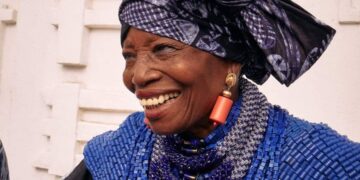
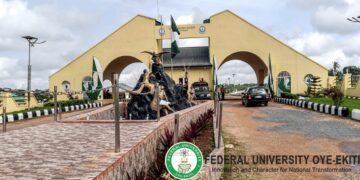






















































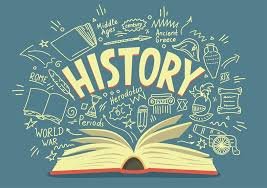




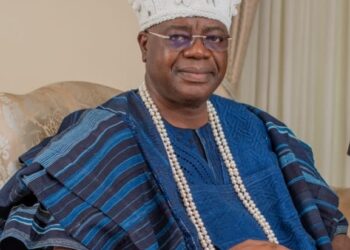


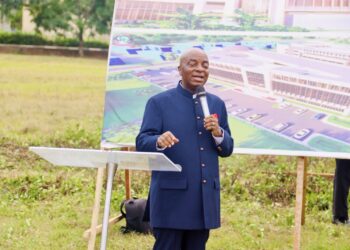
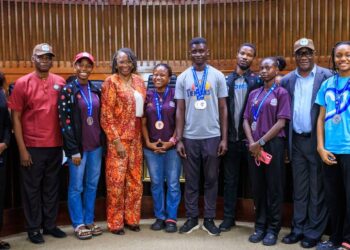
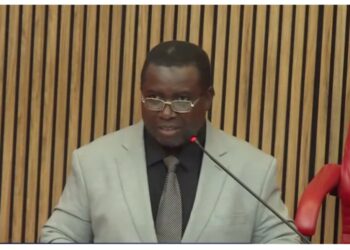










 EduTimes Africa, a product of Education Times Africa, is a magazine publication that aims to lend its support to close the yawning gap in Africa's educational development.
EduTimes Africa, a product of Education Times Africa, is a magazine publication that aims to lend its support to close the yawning gap in Africa's educational development.